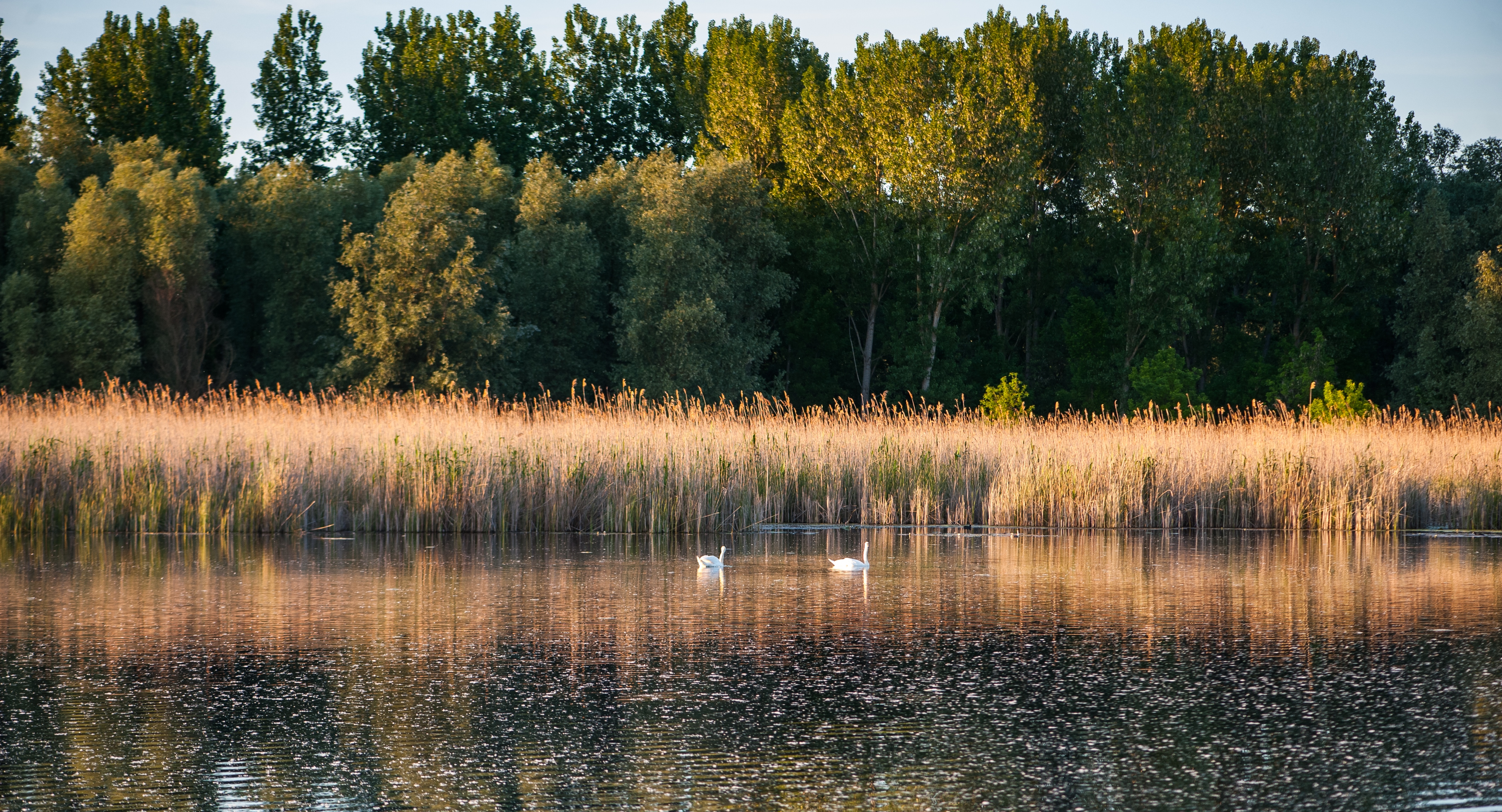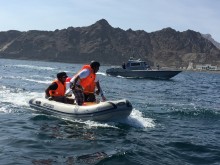Hírek a nagyvilágból
 >
>
Reducing Bird Mortality from Collisions with Glass
The American Bird Conservancy has compiled a list of 18 products designed to reduce the likelihood of birds hitting windows. Tests conducted over the past six years have proved the innovations’ effectiveness in reducing collisions and the products are both affordable and aesthetically pleasing.
2015/027: Survey on Capacity-Building and Awareness-Raising Needs for Cooperation among MEAs at the National Level
The CMS Secretariat is pleased to invite CMS Parties to complete the questionnaire produced by the Secretariat of the Convention on Biological Diversity (CBD) and described in the CBD notification
An Experimental Success: Entanglement & Stranding Response Training in Oman
Countries Commit to Tackling Multiple Threats to Migratory Waterbirds

Shoebill (Balaeniceps rex) © Mathias Putze, Taiga Bean Goose (Anser fabilis fabilis) © Jari Peltomäki, www.jaripeltomaki.com, Long-tailed Duck (Clangula hyemalis) © Wim Werrelman, www.wimpics.com, Eurasian Curlew (Numenius arquata) © Maurice Benmergui
22 resolutions, including action plans for highly threatened seabirds and guidelines for the sustainable use of waterbirds, were adopted at the Sixth Meeting of Parties (MOP6) to the Agreement on the Conservation of African-Eurasian Migratory Waterbirds (AEWA), administered by the United Nations Environment Programme (UNEP), which concluded on Saturday at the United Nations Campus in Bonn.
International Coalition to Conserve Migratory Birds of Prey Continues to Attract Support
Today, Croatia and Israel signed the CMS Memorandum of Understanding on the Conservation of Migratory Birds of Prey in Africa and Eurasia (Raptors MoU), which has now attracted 55 Signatories.
Migratory Species Champions Honoured at AEWA MOP6
After its launch at the CMS Conference of the Parties in November 2014, the second chapter of the Migratory Species Champion Programme was opened yesterday in Bonn in the margins of the first day of the 6th Meeting of the Parties to African-Eurasian Migratory Waterbird Agreement (AEWA).
2015/026: New Signatories to the CMS Raptors MOU
The Secretariat of the Convention on the Conservation of Migratory Species of Wild Animals (CMS) in its capacity as Depositary of the Memorandum of Understanding on the Conservation of Migrator
Opinion: Working Together for Migratory Birds and People Across Africa and Eurasia

Grey Crowned-cranes (Balearica regulorum) © Shawn Olesen, www.shawnolesenphotography.com
One lesson that has been well and truly learned in nature conservation is that for policies to be really effective countries have to collaborate to address common problems.
Migratory Waterbirds In Focus: AEWA's 6th Meeting of the Parties
The 6th Meeting of the Parties to the Agreement on the Conservation of African-Eurasian Migratory Waterbirds (AEWA) will be held from 9 – 14 November 2015, at the United Nations Campus in Bonn, Germany. The conference will bring together over 200 participants from more than 70 national governments, intergovernmental organizations and non-governmental organizations to discuss urgent conservation responses needed to address the many threats and management challenges facing migratory waterbirds in the African-Eurasian region today.
International Migratory Waterbird Conference Kicks Off in Bonn
Waterbird populations across the African-Eurasian flyway are on a downward trend, with declining populations outstripping growing ones by almost 50 per cent, shows the latest conservation status report compiled for the Agreement on the Conservation of African-Eurasian Migratory Waterbirds (AEWA) – an inter-governmental treaty administered by the United Nations Environment Programme (UNEP).






